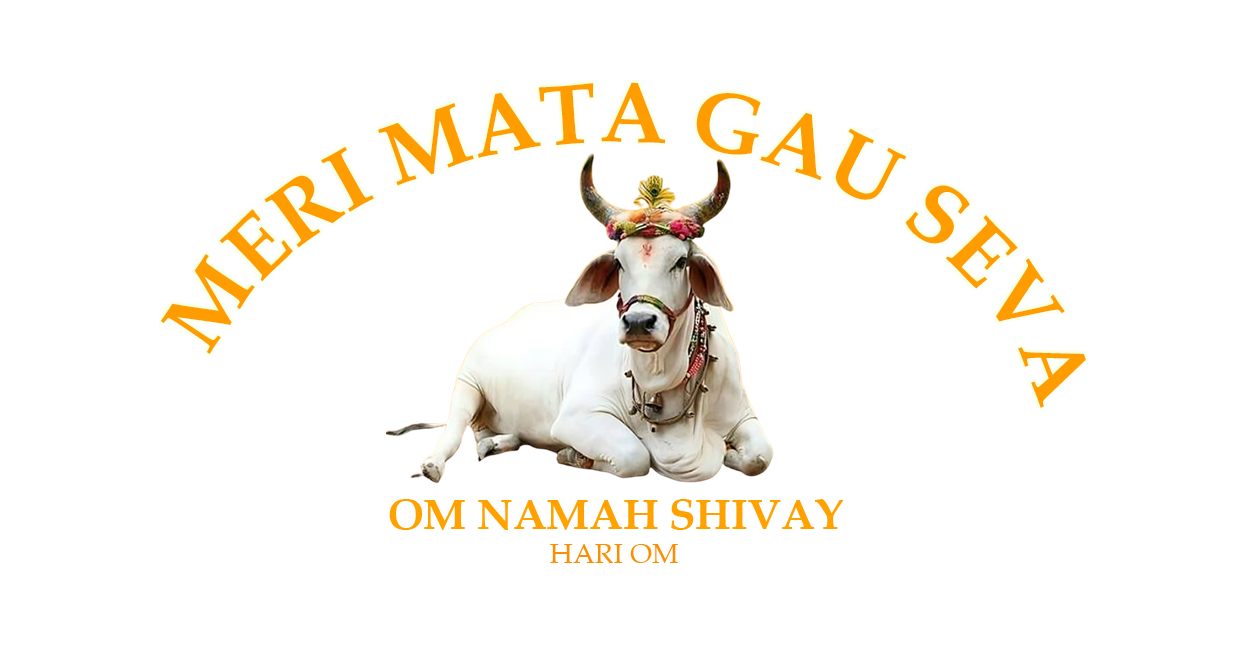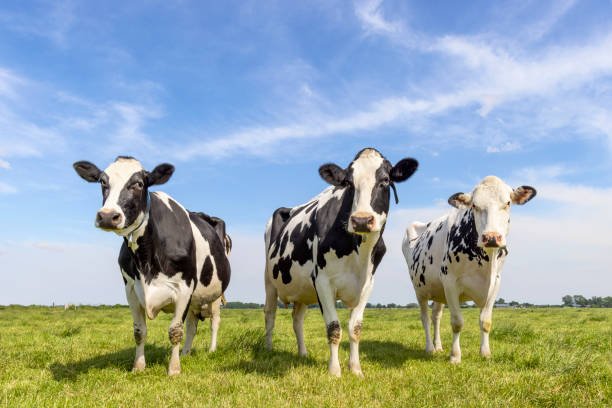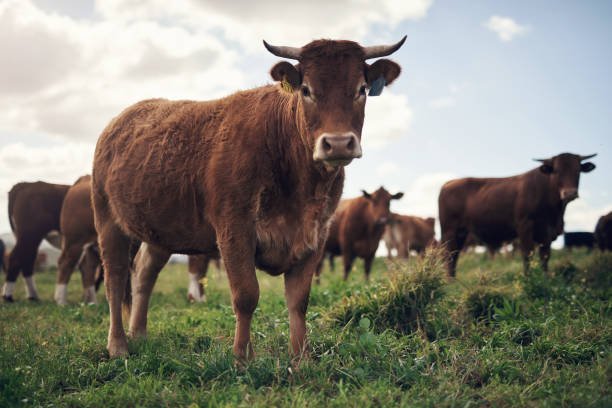Cows have been an integral part of human civilization for thousands of years. They are more than just a source of milk, but have played key roles in agriculture, culture, and even economics. In this blog, we\\\'ll explore the significance of cows in our world and how they have shaped societies throughout history.
A Brief History of Cows
Cows, or Bos taurus, are domesticated descendants of wild aurochs. Humans began domesticating them around 10,000 years ago in the region that is now modern-day Turkey and the Middle East. From there, they spread across the world, becoming central to farming societies. Early civilizations recognized the cow\\\'s versatility, using them for their meat, milk, hides, and as draft animals for plowing fields.
Cows as a Source of Milk
One of the most well-known uses of cows is their ability to produce milk. Cow\\\'s milk is a staple in many diets worldwide, providing essential nutrients like calcium, protein, and vitamins. It forms the basis of many dairy products such as cheese, yogurt, butter, and ice cream. The dairy industry alone employs millions of people worldwide, from farmers to manufacturers, and contributes significantly to global food systems.
Cows\\\' milk has an important place in nutritional science, with many health experts emphasizing the importance of dairy in promoting bone health, muscle growth, and overall well-being. Many alternative milk products (such as almond, soy, and oat milk) have been introduced in recent years, but cow\\\'s milk remains the most widely consumed.
Cows in Agriculture: More Than Just Milk
Beyond milk, cows have been a cornerstone of agricultural practices for centuries. Traditionally, cows were used as draft animals to pull plows, wagons, and carts. Their strength and stamina were essential for cultivating crops, particularly before the advent of modern machinery. Even in today\\\'s world, cows continue to play an important role in sustainable farming practices in many rural areas.
Additionally, cow manure has long been used as an organic fertilizer. It enriches the soil, helping crops to grow healthier and more robust. In many cultures, cow dung is also used for heating and cooking, especially in rural areas where firewood may be scarce.





